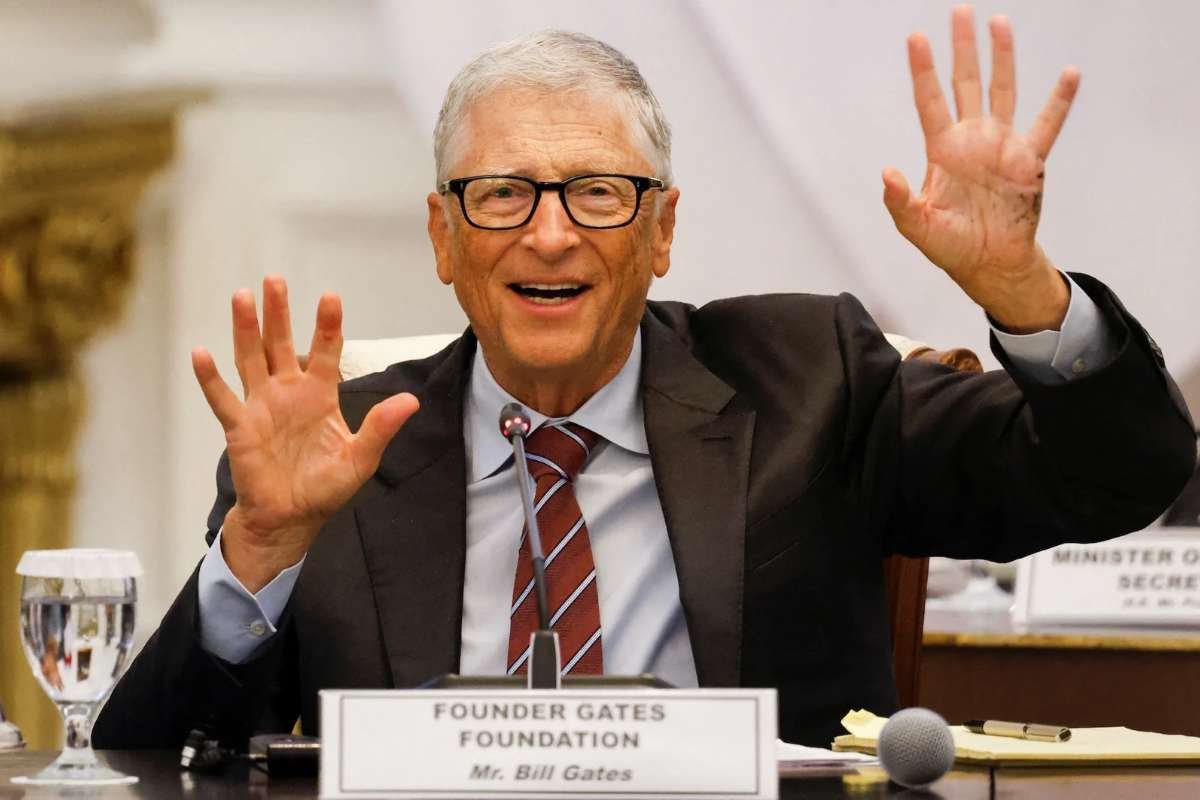Key Points:
- Bill Gates weight-loss drugs plan seeks affordable obesity treatments for poorer nations.
- Patent expiries may allow low-cost generics and local trials.
- PAHO to explore bulk purchasing to cut prices and boost access.
LONDON, Oct. 10, 2025—The Bill & Melinda Gates Foundation and the Pan American Health Organization (PAHO) are exploring ways to make popular Bill Gates weight-loss drugs, such as Novo Nordisk’s Wegovy and Eli Lilly’s Mounjaro, accessible to lower-income countries. Both organizations confirmed they are developing strategies to address the high cost and limited availability of the medicines.
Microsoft founder Bill Gates and PAHO Director Dr. Jarbas Barbosa discussed their respective plans in separate interviews. It is the first time either has publicly addressed efforts to expand access to the drugs, which have become highly sought after in wealthier nations.
About 70% of the estimated one billion people living with obesity are in low- and middle-income countries. Many of these nations struggle to manage the growing burden of obesity-related illnesses, including diabetes and heart disease, due to the high cost of treatment.
Gates said the Foundation’s approach would mirror its model for other global health challenges — finding ways to drastically reduce prices for proven treatments. “We would take any drug that’s effective in high-income countries and figure out how to make it super, super cheap so that it can get to everyone in the world,” Gates said.
He cited the Foundation’s partnership with Indian manufacturer Hetero, which is working to produce an affordable version of a new HIV prevention drug priced at $40 per year for lower-income markets.
Patent expiries and new opportunities
Beginning next year, the active ingredient in Wegovy, semaglutide, will come off patent in countries such as China and India. Several generic manufacturers are already developing lower-cost versions of the Bill Gates weight-loss drugs. The brand-name drugs currently cost hundreds of dollars per month in wealthier countries.
Gates added that the Foundation could support clinical trials to evaluate how these medicines perform in different populations, generating the data needed to make them more widely available.
Entering the obesity space would mark a new direction for the Gates Foundation, which traditionally focuses on infectious diseases such as malaria. However, Gates noted that rising obesity rates are contributing to a global surge in chronic illnesses. “It’s not the biggest health problem in the countries we work in,” he said, “but it’s becoming more relevant over time.”
PAHO considers a regional strategy
PAHO, the regional arm of the World Health Organization (WHO) for the Americas, manages a revolving fund that helps lower medicine prices through bulk purchasing for its 35 member states. Barbosa said the fund could be used to Bill Gates weight-loss drugs more affordable if countries express interest.
“We are starting the conversation,” Barbosa said. “We’re developing recommendations for how best to use these drugs and plan to speak with Novo Nordisk, Lilly, and generic manufacturers in the coming weeks.”
The revolving fund, financed by participating nations, could also streamline regulatory approvals by coordinating submissions across member states instead of requiring separate applications in each country.
Obesity’s growing economic impact
The WHO estimates that the global economic cost of overweight and obesity could reach $3 trillion by 2030 without effective interventions. Earlier this year, the organization released draft guidelines recommending the use of Bill Gates weight-loss drugs for adults with obesity, but criticized pharmaceutical companies for high prices and limited distribution.
Novo Nordisk said in a statement that it recognizes the “unmet need” for its obesity treatments. “We are deeply committed to serving patients around the world,” the Danish company said. Eli Lilly declined to comment.
If successful, the efforts by the Gates Foundation and PAHO could set a precedent for how high-cost medications are adapted for global use — making treatments for obesity, one of the world’s fastest-growing health concerns, more equitable and affordable.
Visit more of our news! The Lifesciences Magazine







